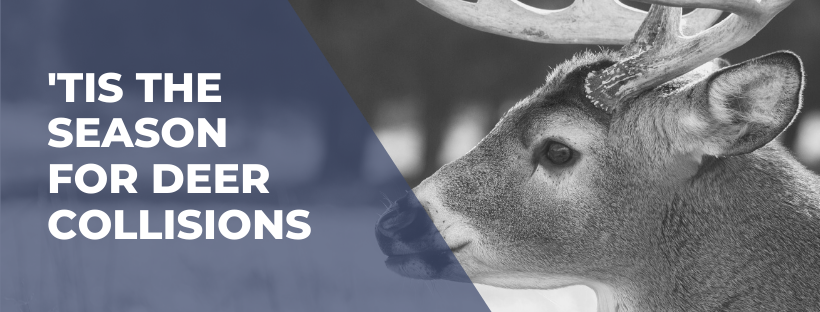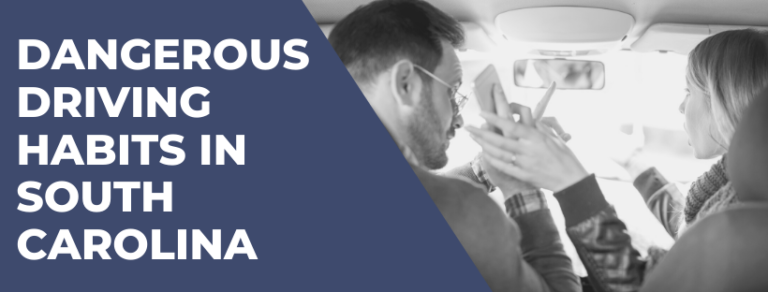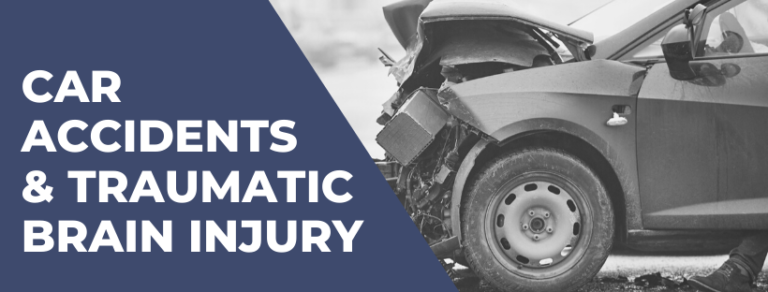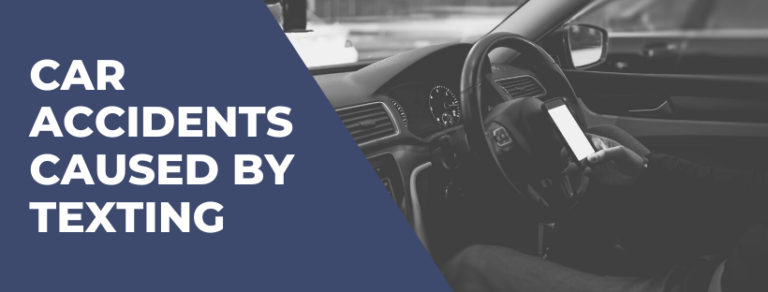Every year, countless motorists find themselves in unexpected and potentially dangerous situations when they collide with deer while driving on South Carolina’s roads. These incidents are not only startling but can also result in injuries, vehicle damage, and legal implications. Understanding what to do when you hit a deer, as well as the legal expectations in such situations, is essential for every driver.
In this article, we’ll explore the necessary steps to take, the legal responsibilities you should be aware of, and what you should avoid doing after a deer collision. Whether you’re a local resident or just passing through, The Clardy Law Firm, a trusted personal injury lawyer and car accident law firm in Greenville, South Carolina, is here to provide guidance and legal support in case you find yourself in such a situation. Stay informed, stay safe, and know what to do when encountering deer on the road.
How Common are Deer Collisions in South Carolina?
South Carolina has a significant deer population, and their presence near roadways is a common sight, particularly in rural and suburban areas. These animals can appear suddenly, and their movements can be unpredictable.
Deer collisions are most common between October and January — this is also the time when deer migrate and mate. They’re most active at dusk and dawn, starting at 5:00 PM to midnight, then again between 5:00 AM to 8:00 AM. Coincidentally, these are also peak driving times for most people in South Carolina. This means that driving between these times can lead to a deer collision.
While it’s not common to hit a deer inside Greenville, SC, it is a definite risk outside city limits. The South Carolina Department of Public Safety revealed that in 2022, there were 6,409 deer collisions reported by the agency. This statistic is up 2,736 from two years ago in 2020.
The Dangers and Consequences of Deer Collisions
Striking a deer with your vehicle can lead to a range of consequences. Firstly, it can be a frightening experience, causing a sudden jolt and loud impact. Secondly, it may result in physical injuries to the driver and passengers.
Deer collisions can also cause extensive damage to your vehicle, including shattered windshields, dented hoods, and even engine damage. These accidents can be especially hazardous for motorcyclists and bicyclists, as impact with a deer can result in severe injury or fatality.
What to Do If You Hit a Deer?
Finding yourself in a deer-vehicle collision can be a startling experience, but it’s important to know how to respond calmly and responsibly. Here are the key steps to take if you hit a deer on the road:
- Stop your vehicle safely: After the collision, safely pull your vehicle over to the side of the road, out of the way of traffic, if possible. Ensure you turn on your hazard lights to alert other drivers of the incident.
- Contact law enforcement: Dial 911 or the non-emergency number for local law enforcement to report the collision. It is especially important if the deer is blocking the roadway or poses a danger to other drivers.
- Document the incident: While waiting for law enforcement to arrive, document the scene by taking photos of the damage to your vehicle, the deer, and the surrounding area. Note the location, date, and time of the incident. These details can be valuable for insurance claims and any potential legal matters.
- Check for injuries: Ensure the safety of all passengers in your vehicle. If anyone is injured, seek immediate medical attention. Injuries can result from the collision or subsequent actions, such as swerving to avoid the deer.
- Contact your insurance company: Report the incident to your insurance company as soon as possible. Many comprehensive insurance policies cover deer collisions, but you should inform your insurer to understand your coverage and initiate the claims process.
- Do not attempt to remove the deer: It’s important to emphasize that you should not attempt to euthanize or remove the deer from the scene without proper authorization. Doing so can have legal consequences, and it’s best left to professionals. Law enforcement or animal control should handle the removal of the deer.
Deer Collision Legal Responsibilities
When involved in a deer-vehicle collision, there are legal expectations and responsibilities that drivers need to be aware of in South Carolina. Understanding these legal aspects is vital to ensure that you handle the situation appropriately and avoid potential legal issues:
What happens if you hit a deer and don’t call the police?
In South Carolina, if you hit a deer, you are not legally expected to report the incident to law enforcement unless additional factors are involved, such as damage to public property or another vehicle. However, reporting the incident is advisable, as it can help you document the event for insurance purposes.
Will my insurance cover any vehicle damage after a deer collision?
Most comprehensive auto insurance policies cover deer collisions. It’s essential to contact your insurance company and report the incident promptly. Be prepared to provide all relevant information and documentation to facilitate the claims process.
Will I be held liable for hitting a deer?
In most cases, drivers are not held liable for hitting a deer, as these collisions are typically considered accidents beyond a driver’s control. However, if you swerve to avoid a deer and cause an accident with another vehicle, you may be held responsible for the damage and injuries caused to others.
Should I consult with an attorney?
While deer collisions are generally straightforward, it’s advisable to consult with a personal injury attorney if you encounter any complications or legal issues stemming from the crash. Attorneys can provide guidance and ensure that your rights are protected.
How Do You Avoid Deer Collisions?
Preventing a deer-vehicle collision is the ideal scenario for any driver. While these incidents can be unpredictable, there are several precautions you can take to reduce the risk and increase your safety on the road, especially in areas where deer are known to be active. Here are some practical tips:
- Drive cautiously in deer-prone areas: Be particularly vigilant when driving in areas with a history of deer collisions, specifically in areas with deer-crossing zones or in densely forested locations. You will likely encounter more than one deer, as they tend to migrate together.
- Stay alert, especially at dawn and dusk: Deer are most active during the dawn and dusk hours. Keep your eyes on the road and scan the sides for any signs of movement, especially in low-light conditions.
- Use high beams at night: When driving at night in areas with a high deer population, use your high-beam headlights when there is no oncoming traffic. High beams can help you spot deer from a greater distance. The deer’s eyes will shine brightly, making it more visible.
- Be cautious of groups: If you see one deer, be prepared for more. Deer often travel in groups, and a collision with one may lead to more darting onto the road.
- Install deer whistles: Consider installing deer whistles on your vehicle. These small devices emit high-frequency sounds that may deter deer from approaching the road. While not foolproof, they can be a helpful preventative measure. Alternatively, if you see a deer, slow down and honk your horn with one blast to drive it away. The sound will also warn its companions.
Why Contact a Personal Injury Lawyer About a Deer Collision?
Navigating the aftermath of a deer-vehicle collision, even when following the recommended steps, can be complex, particularly when dealing with potential legal issues, insurance claims, and any injuries sustained.
You may have cause for compensation if any of the following are true to your specific situation:
- If you are hit by another car attempting to avoid a collision with an animal.
- If warning signs were not visible or lacking in the area completely.
- If your insurance company denies you coverage.
In any of these situations, the best thing to do is contact us. As car accident lawyers, we can review your case and fight for your rights. We are well-equipped to handle the legal complexities that may arise from a deer collision. Our experienced attorneys can assess the circumstances, protect your rights, and guide you through the legal process.
Legal Guidance
When dealing with the aftermath of a deer-vehicle collision, having the guidance of a knowledgeable attorney can make a significant difference. The Clardy Law Firm can advise you on your legal responsibilities and rights, ensuring that you take the appropriate steps to protect yourself.
Insurance Claim Support
Dealing with insurance companies can be challenging. Our attorneys can assist in communicating with your insurance provider, ensuring that your claim is handled fairly and that you receive the compensation you are entitled to.
Handling Complex Situations
In cases where the deer collision has led to injuries, property damage, or legal disputes, We can provide legal representation, ensuring that your interests are represented and protected.
Knowing what to do and what not to do after hitting a deer is vital to handling such situations responsibly and safely. The legal support offered by our car accident attorneys at The Clardy Law Firm can make a significant difference in the outcome of your case, providing you with the peace of mind and assistance you need during a challenging time.





